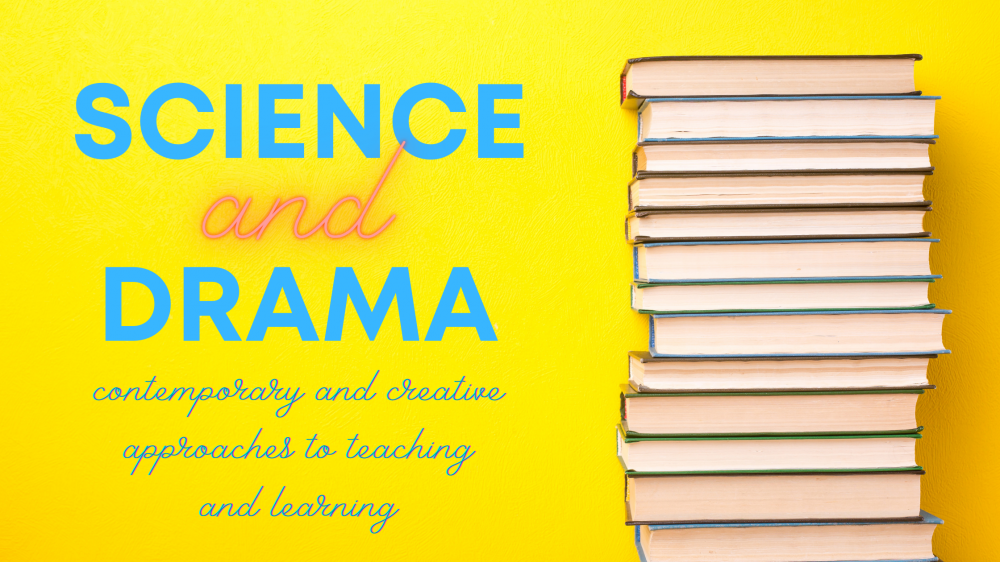RESPONDING TO CLIMATE CHANGE: DEVELOPING PRIMARY CHILDREN’S CAPABILITY TO ENGAGE WITH SCIENCE THROUGH DRAMA
Delia Baskerville and Dayle M. Anderson
Abstract
Using drama to position children as expert scientists working on a given commission, supports them to learn about Nature of Science (NoS). Our research working with primary children uses this approach drawn from Heathcote’s Mantle of the Expert (Heathcote & Bolton, 1995) to support learning about NoS. The New Zealand Curriculum (NZC) places learning about NoS as overarching and compulsory with the purpose of developing children’s science capabilities for citizenship (Bull, 2015; Ministry of Education, 2007). However, children often struggle to develop and identify learning about NoS that is useful for scientific literacy (Lederman & Lederman, 2014; Allchin, 2014). Drama offers creative ways to consider real world issues. Our research therefore aimed to integrate drama and science in equal partnership to help children learn about NoS; we wanted to develop children’s science capability while building their understanding of the causes and consequences of climate change and ways to respond. This chapter presents the refinements made when using two drama tools during the three iterations of this drama-science inquiry process, and identifies the support children need to develop capabilities and understandings about science that help them in engaging with science-related issues such as climate change.
Key Words
Nature of science, Drama, Integrated curriculum
